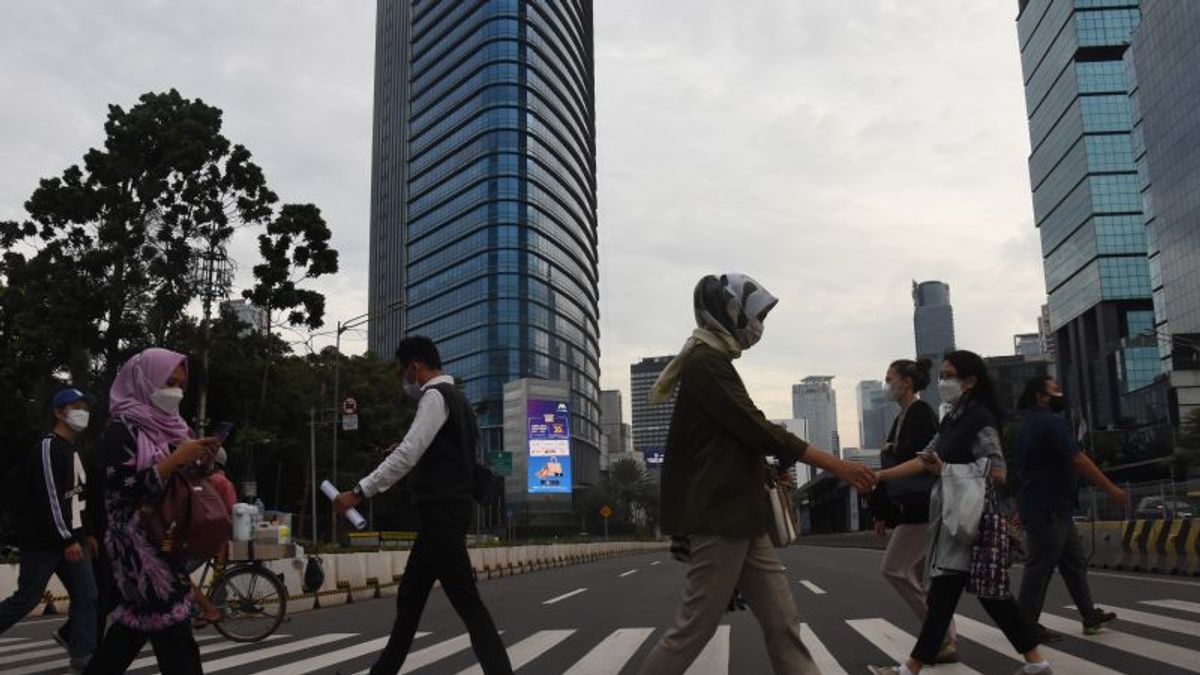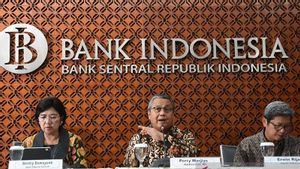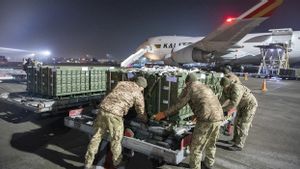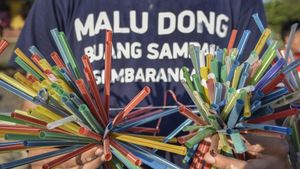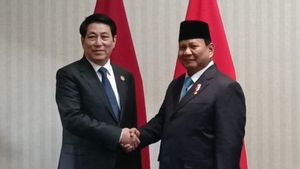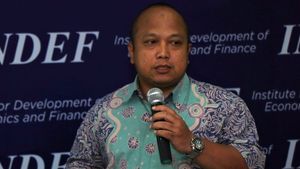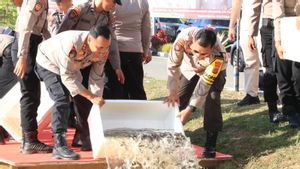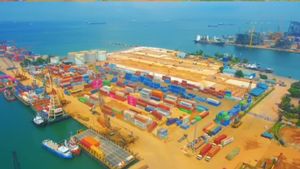JAKARTA As one of the founder countries as well as the sixth largest member and shareholder of the Asian Development Bank (ADB), Indonesia has played a role in determining the policy direction of ADB in the future. Since ADB was founded in 1966, Indonesia has been working together on 996 projects or equivalent to 46.6 billion US dollars.
Currently, the ongoing collaboration between ADB and Indonesia is worth US$4.1 billion, including financing at a cost of loans (cost of funds) below market rates, grants, technical assistance, loans and investments in the private sector, as well as trade and guarantee financing.
Indonesia itself through the Ministry of Finance (Kemenkeu) together with ADB regularly organizes High Level Policy Dialogue (HLPD) as a strategic discussion forum regarding Indonesia's priority development goals and routes.
HLPD 2023 this time is also a platform for the two institutions to provide valuable input in the formulation of the upcoming 2025-2029 State Partnership Partnership (CPS) Strategy (Country) strategy which can help Indonesia achieve long-term and sustainable structural economic transformation.
Previously, the ADB CPS for Indonesia in 2020-2024 was aimed at inclusive, competitive, and sustainable development.
"ADB appreciates Indonesia's efforts in facing various global challenges today, such as responses to the pandemic, various reforms to achieve economic transformation, as well as reforms in dealing with climate change, energy transition, and green growth," said Ahmed, Vice President of ADB M. Saeed as reported by the Ministry of Finance on Thursday, July 27.
This high-level dialogue session is divided into two discussion themes. The first session discussed the post-pandemic challenges: economic recovery and net zero emission commitment. While the second session reviewed on sustainable growth policies.
SEE ALSO:
Professor Iwan Jaya Aziz ( Cornell University) was also present who shared his views on the challenges of development faced by Indonesia, with an emphasis on gap in the quality of inter-regional institutions, institutional barriers related to human resource development, as well as institutions and relationships between micro, small and medium enterprises.
For information, in Indonesia 80 percent of the disasters that occur are caused by natural damage due to climate change. As many as 60 percent of Indonesia's population lives near and coastal areas or on small islands, where various threats to the habitat and food security of the area continue to increase.
To overcome the threat of climate change that also occurs at the global level, a transformative regional mixed financing program is needed. One example is that Indonesia as a pioneer is continuing the implementation of the ETM and implementing the initiation of carbon trading with the support of ADB.
To ensure a fair and affordable energy transition, Indonesia and ADB as well as other development partners also formed the Secretariat of the Just Energy Transition Program (JETP) which will provide institutional support and support at the implementation stage.
The English, Chinese, Japanese, Arabic, and French versions are automatically generated by the AI. So there may still be inaccuracies in translating, please always see Indonesian as our main language. (system supported by DigitalSiber.id)
